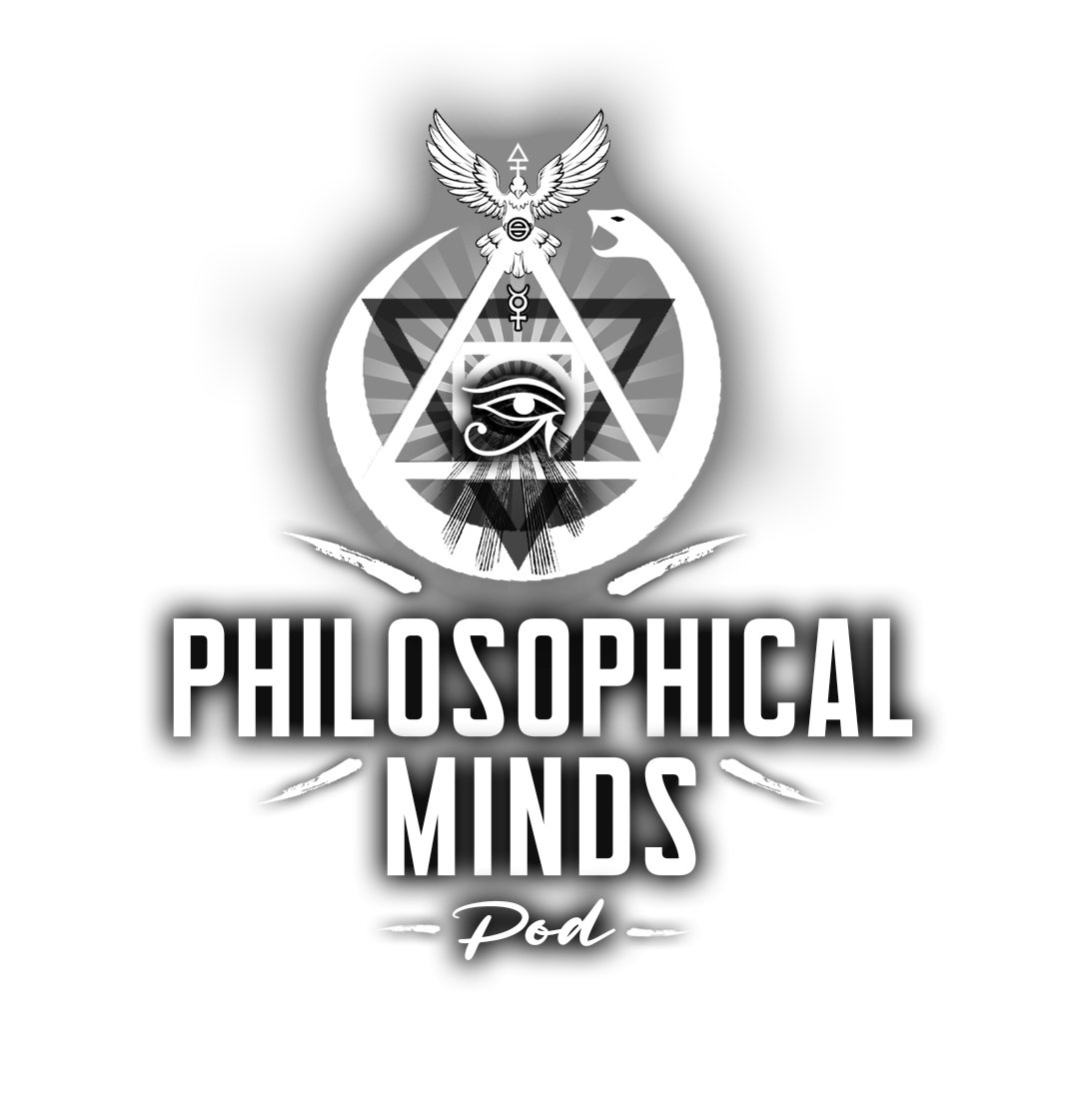Johannes Trithemius: The Renaissance Mystic Who Shaped the Occult Tradition

Johannes Trithemius (1462-1516) stands as a pivotal figure in the history of Western esotericism, straddling the realms of Renaissance scholarship and occult practice. Renowned for his contributions to cryptography, magic, and mysticism, Trithemius’ work remains influential in understanding the development of esoteric traditions in Europe.
Born in Trittenheim, Germany, Trithemius was a Benedictine monk who dedicated much of his life to the study of ancient texts and the esoteric arts. His scholarly pursuits encompassed a wide range of subjects, from classical languages and history to alchemy and astrology. However, it was his profound engagement with mystical and magical traditions that cemented his legacy as a significant occultist.
One of Trithemius’ most notable contributions was his pioneering work on cryptography. His treatises, including the *”Steganographia”*, revealed his innovative approach to secret writing, which involved complex ciphers and encoding techniques. Although this work was ostensibly about secure communication, it was also deeply intertwined with his mystical beliefs, reflecting his interest in the hidden and esoteric aspects of knowledge.
Trithemius was also a prolific writer on magic and the occult, blending his scholarly knowledge with practical instruction in these areas. His *”De Octo Quaestionibus Magiae”* and *”De Divinatione”*, for instance, address various magical practices and the philosophical underpinnings of divination. Through these works, Trithemius sought to reconcile the ancient wisdom of magic with the rationality of Renaissance thought, creating a bridge between medieval and modern esoteric traditions.
One of the most fascinating aspects of Trithemius’ legacy is his relationship with the burgeoning tradition of ceremonial magic. His influence can be seen in the works of later occultists such as Heinrich Cornelius Agrippa and the Rosicrucian movement. Trithemius’ mystical writings and his approach to magical theory played a crucial role in shaping the esoteric landscape of the 16th and 17th centuries, laying the groundwork for future developments in Western occultism.
Despite his considerable influence, Trithemius’ work was not without controversy. His esoteric pursuits often brought him into conflict with the more orthodox elements of the Church, leading to periods of scrutiny and censure. Nonetheless, his contributions were widely recognized and respected by his contemporaries, and his legacy has endured through subsequent generations of occult scholars and practitioners.
In summary, Johannes Trithemius was a Renaissance polymath whose engagement with cryptography, magic, and mysticism left an indelible mark on Western esoteric traditions. His innovative approach to hidden knowledge and his integration of magical practices into scholarly discourse reflect a profound and enduring legacy. As a bridge between medieval and modern esotericism, Trithemius’ work continues to inspire and inform the study of occult traditions and the quest for deeper understanding of the mysteries of existence.
